Open to Public
The Nurse Antigone Finale
A groundbreaking project by and for nurses, The Nurse Antigone presents dramatic readings of Sophocles’ Antigone on Zoom—featuring professional actors and a chorus of frontline nurses—to help frame powerful, guided discussions about the past, present, and future of nursing. Antigone, an ancient play about a young woman who puts everything on the line to do what she believes is right, dramatizes the heavy cost of silencing and marginalizing caregivers, especially during times of crisis. By performing Sophocles’ play for diverse audiences, including nurses as well as concerned citizens, The Nurse Antigone aims to generate compassion, awareness, connection, and much-needed healing, while celebrating and advocating for nurses at this critical juncture in the history of their profession.
This culminating event of The Nurse Antigone Series will be broadcast from The Greene Space in New York City. There will be limited in person seating, which can be registered for here.
Featuring performances by Taylor Schilling (Orange is the New Black), Ato Blankson-Wood (When They See Us), David Strathairn (Nomadland), Adepero Oduye (12 Years a Slave), Anthony Edwards (Top Gun), New York City Public Advocate Jumaane Williams, Craig Manbauman (Nurse, Poet, U.S. Air Force Veteran), Charlaine Lasse (BSN, RN, RNC-NIC, Vascular Access Team, Neonatal Intensive Care Unit, Luminis Health Anne Arundel Medical Center), and Sandy Cayo (Board Certified Nurse Practitioner, Assistant Professor, Yale School of Nursing).
Co-presented by Theater of War Productions, the Johns Hopkins School of Nursing, the Johns Hopkins Berman Institute of Bioethics, and the Resilient Nurses Initiative - Maryland.
Supported by the Laurie M. Tisch Illumination Fund.
Support for our digital programming is provided, in part, by the Mellon Foundation.
Translated, directed, and facilitated by Bryan Doerries.
The Nurse Antigone will take place on Zoom Webinar and can be accessed on personal devices. The event Zoom link will be distributed via email and available to registered attendees starting two days prior to the event.
This event will be captioned in English.
All of Theater of War Productions' events follow the same format:
- The performers will read the text.
- Community panelists will kick off the discussion with their gut responses to what resonated with them across time.
- We will open the discussion to the audience, facilitated by Bryan Doerries. During the discussion, please raise your hand using the button at the bottom center of the screen. If called upon, please accept the invitation to be promoted to speak and you will be visible and heard by the entire audience for the duration of your comments. If you would prefer not to be seen, please disable your video.
About the play
-
Antigone by Sophocles
Sophocles’ Antigone is an ancient play about a teenage girl who wishes to bury her brother, Polyneices, who recently died in a brutal civil war. Creon, the new, untested king, has ruled that Polyneices’ body must remain above the earth, and that anyone who breaks this law will be put to death. Antigone openly and intentionally defies his edict, covering her brother’s body with dirt and publicly declaring her allegiance to a higher law, one that transcends that of the state—the law of love. Creon is then forced, by his own political rhetoric, and the by fragile social order that he has barely begun to establish since the civil war, to make an example of his niece, by sentencing her to death. In the process of following through with his own decree, Creon loses everything. At its core, Antigone is a play about what happens when personal conviction and state law clash, raising the question: When everyone is right (or feels justified), how do we avert the violence that will inevitably take place?
Cast Members
-

Taylor Schilling
-

Adepero Oduye
-
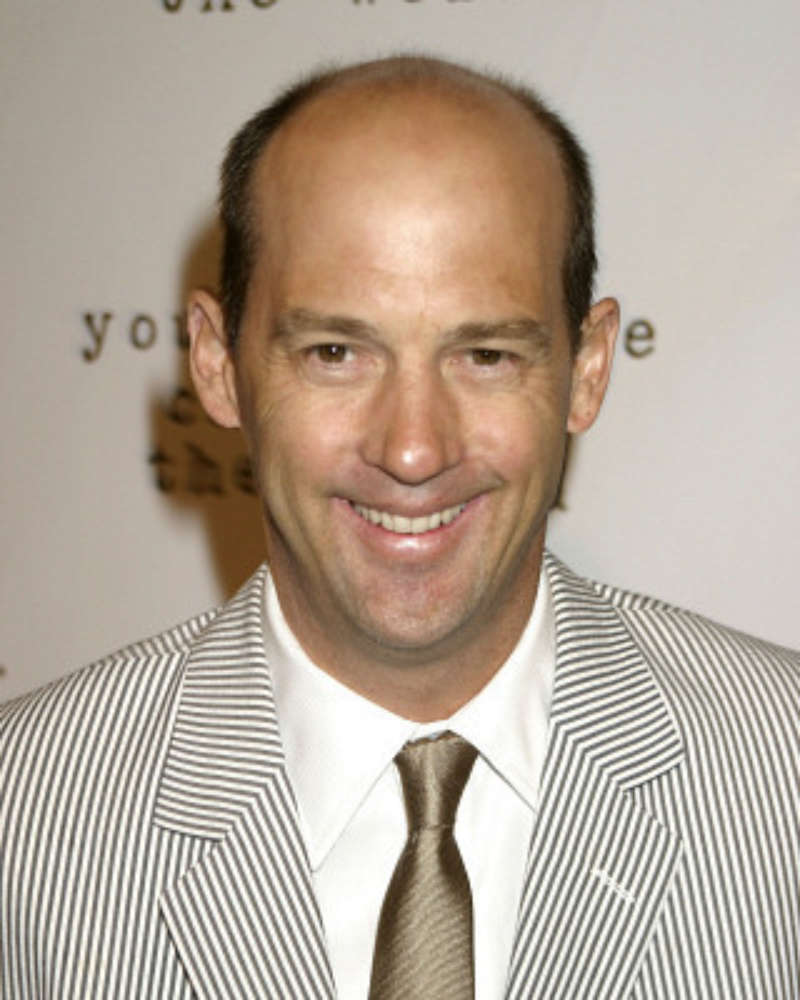
Anthony Edwards
-

Ato Blankson Wood
-
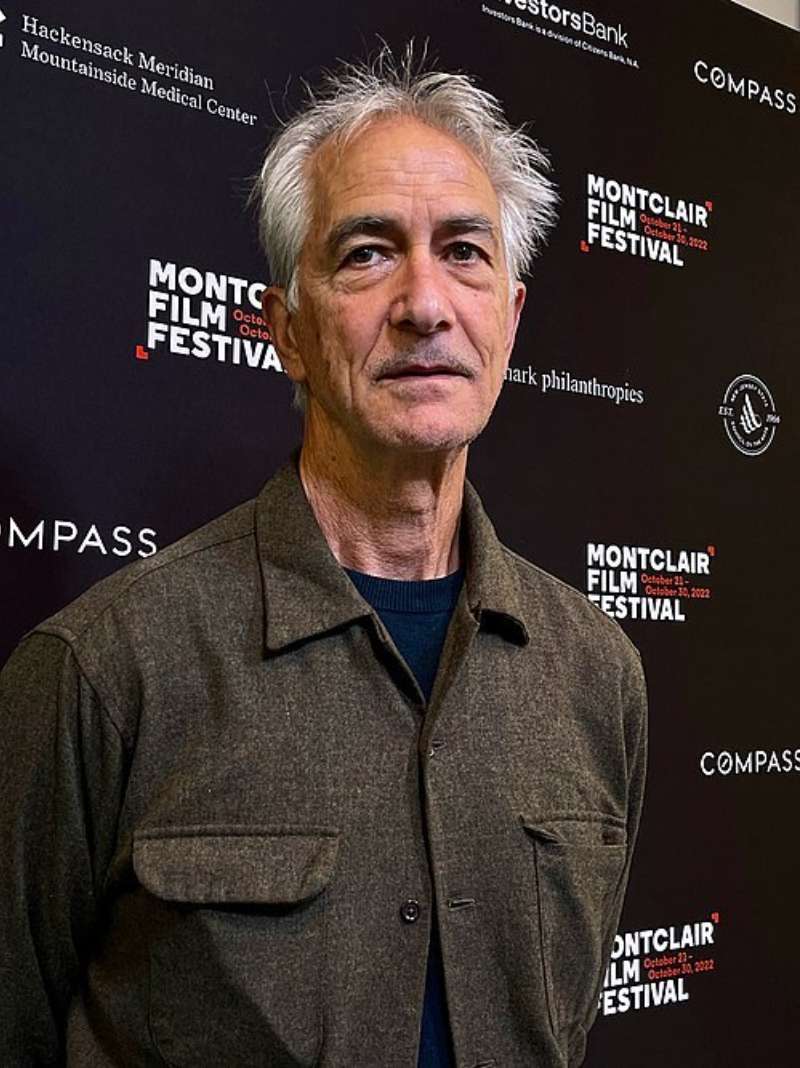
David Strathairn
-
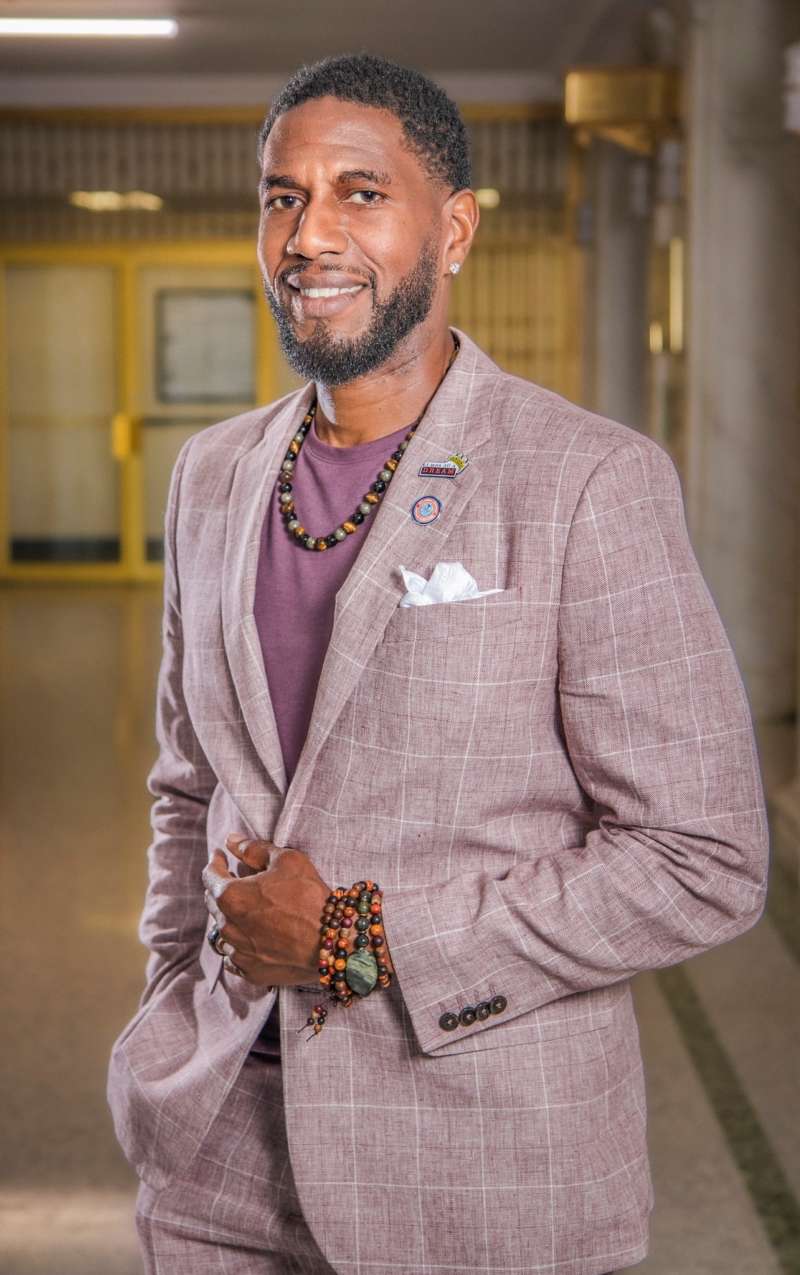
Jumaane Williams
-
Sandy Cayo
-

Charlaine Lasse
-
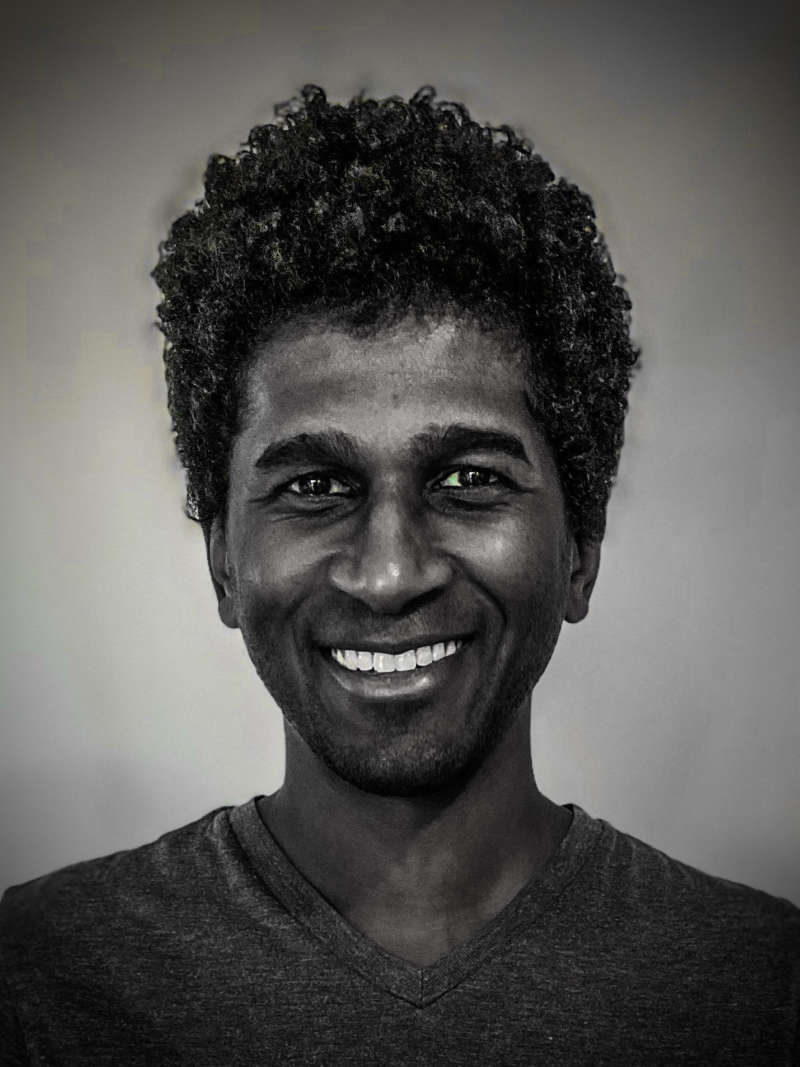
Craig Manbauman
Explore Projects
-
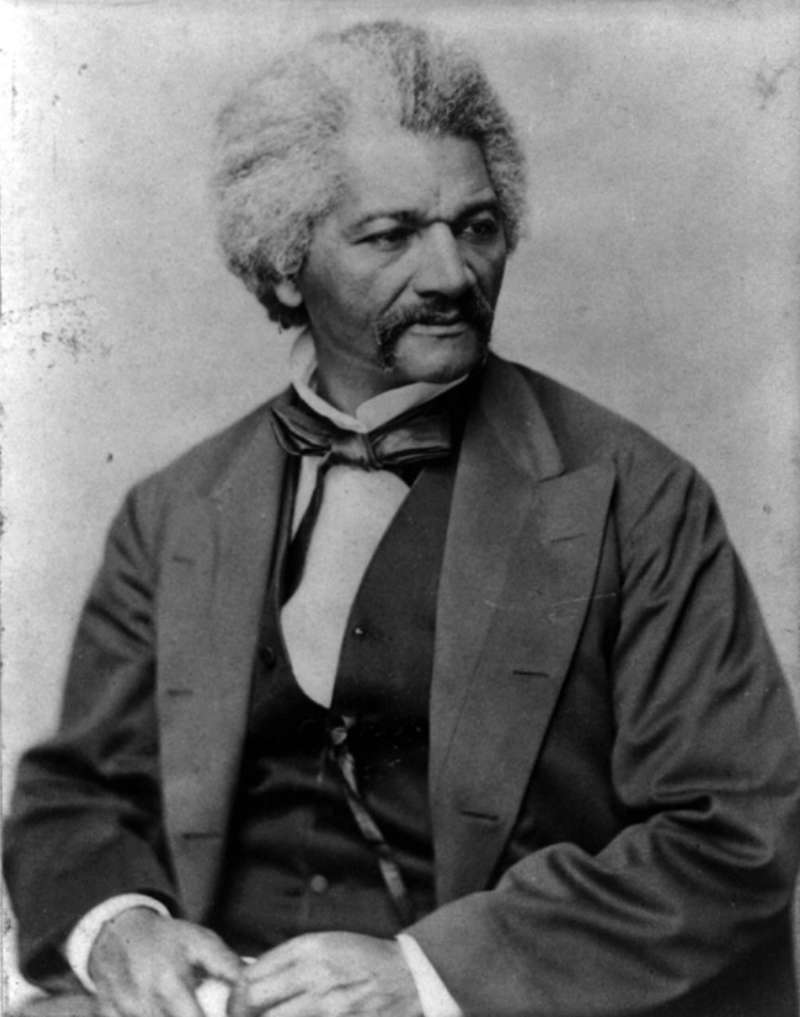 RacismFrederick Douglass
RacismFrederick DouglassFrederick Douglass is a project that presents dramatic readings of Douglass' speeches by professional actors as a catalyst for powerful dialogue about racism, inequality, civil rights, education, and the legal system with the objective of fostering compassion, understanding, and positive action.
-
Caregiving & DeathThe Nurse Antigone
A groundbreaking project by and for nurses, The Nurse Antigone presents dramatic readings of Sophocles’ Antigone on Zoom—featuring professional actors and a chorus of frontline nurses—to help frame powerful, guided discussions about the unique challenges faced by nurses before, during, and after the COVID-19 pandemic.
-
 Domestic ViolencePatient and Impatient Griselda
Domestic ViolencePatient and Impatient GriseldaTheater of War Productions and Margaret Atwood return to the Toronto International Festival of Authors with an exciting new collaboration exploring power and control, domestic violence, and family dynamics by way of two versions of the same story, one written by Giovanni Boccaccio in 1348 during the bubonic plague and the other by Atwood in 2020 during the Covid-19 pandemic. In Bocaccio’s version, a woman named Griselda remains in an abusive and controlling relationship, showing great patience and forbearance in the face of her husband’s sadism and cruelty. In Atwood’s version, Griselda takes matters in her own hands and, with the help of her sister, turns the tables on her husband.
This free, public event featured a live, dramatic reading of the “Patient Griselda” story from Boccaccio's Decameron by Jesse Eisenberg (The Social Network, Fleishman is in Trouble), Maev Beaty (Beau is Afraid, Mouthpiece), and Araya Mengesha (Tiny Pretty Things, Nobody). Then, in response, Margaret Atwood performed “Impatient Grisleda,” a story that is narrated to a group of humans in quarantine by an alien that looks like an octopus. The readings of both texts was followed by immediate responses by community panelists and culminated in a guided audience discussion, facilitated by Bryan Doerries (Artistic Director, Theater of War Productions).
Co-presented by Theater of War Productions and Toronto International Festival of Authors.
This hybrid presentation took place in person at the Toronto Harbourfront Centre Theatre and on Zoom Webinar on September 30, 2023.